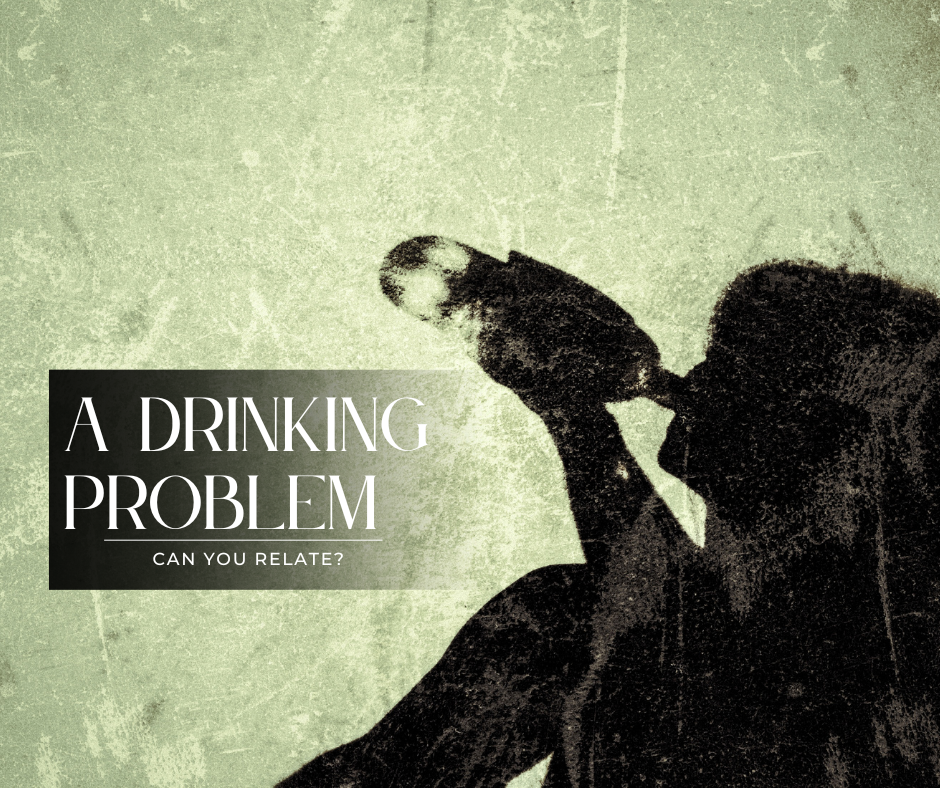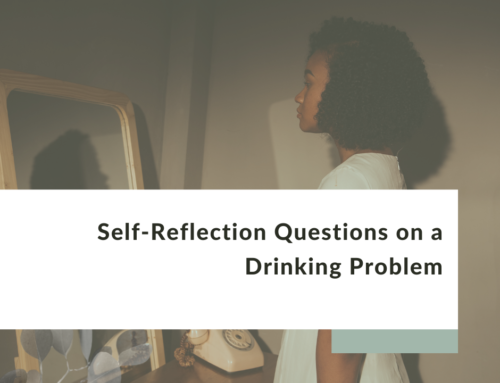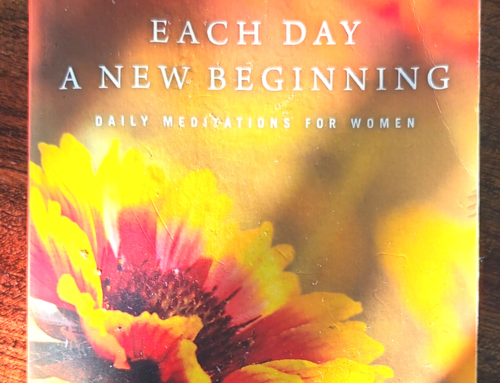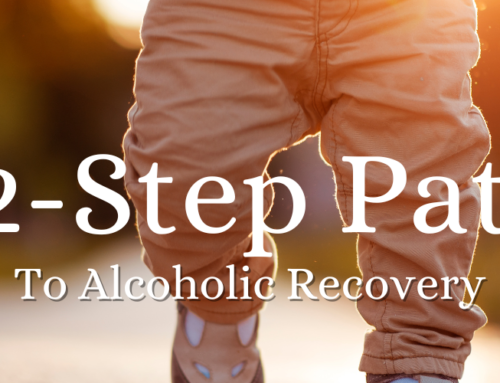Are you asking yourself, “Do I have a drinking problem?” If so, you are not alone. Ask yourself if, and how, you can relate to the following statements shared from those with a drinking problem.
If you can relate, then you, too, can Recover.
Living with a Drinking Problem
1. I can’t imagine my life without alcohol.
Becoming dependent on the effects of alcohol in order to make it through days, events, emotions, and just life in general is a warning sign to beware. Especially once the effects of drinking render you no longer in control of your actions.
“To them, their alcoholic life seems the only normal one. They are restless, irritable and discontented, unless they can again experience the sense of ease and comfort which comes at once by taking a few drinks – drinks which they see others taking with impunity. After they have succumbed to the desire again, as so many do, and the phenomenon of craving develops, they pass through the well-known stages of a spree, emerging remorseful, with a firm resolution not to drink again. This is repeated over and over, and unless this person can experience an entire psychic change there is very little hope of his recovery.”
– Alcoholics Anonymous, p. 5
2. I can control my drinking, someday.
A drinking problem is one that progresses. That being the case, early warning signs include convincing oneself you can stop or cut back when you want to.
“Most of us have been unwilling to admit we were real alcoholics. No person likes to think he is bodily and mentally different from his fellows. Therefore, it is characterized by countless vain attempts to prove how, someday, [they] will control and enjoy [their] drinking is the great obsession of every abnormal drinker. The persistence of this illusion is astonishing. Many pursue it into the gates of insanity or death.”
– Alcoholics Anonymous, p. 45
3. If I hide it, nobody will know how much I’m drinking.
Long before hiding bottles around the house, as an example, alcohol abuse can begin with knowing you need to drink more than others around you. So, you start hiding it so as not to hear the concerns and comments of others or because of feelings of shame and guilt.
“He told how he lived in constant worry about those who might find out about his alcoholism.”
– Alcoholics Anonymous, p. 169
4. I can’t run out of alcohol.
Drinking can become a problem in our lives as we move from social drinking to pathological drinking. In other words, once we move from wanting a drink to needing to a drink, then your alcohol use may be becoming a problem in your life.
“During the next few years, I developed two distinct phobias. One was the fear of not sleeping, and the other was the fear of running out of liquor.”
– Alcoholics Anonymous, p. 187
5. A morning drink to take the edge off of a hangover.
Waking up, whether in the morning or coming-to in the evening, and having a drink to relieve a hangover does not mean that you have a drinking problem. However, people who do not have a drinking problem do not get so sick from alcohol that they consider ingesting even more to balance the withdrawal symptoms.
“Then came the morning when I had my first case of jitters. Someone suggested a little of the ‘hair of the dog that bit me.’ A half hour after that drink I was sitting on top of the world, thinking how simple it was to cure shaky nerves. How wonderful liquor was, in only a few minutes my head had stopped aching, my spirits were back to normal and all was well in this very fine world.”
– Alcoholics Anonymous, p. 219
6. How did this happen again?
Have you ever set out to just have a few drinks, yet found yourself exhausted and hungover from a full night of partying? A night that you did not feel good about before, during, or after the events that occured?
“The evening glass of beer led, as usual, to the night when I didn’t get away from the bar until midnight.”
– Alcoholics Anonymous, p. 308
7. Can you die from a hangover?
Ever been so sick from a hangover that you swore you would never drink like that again but still have found yourself again drinking more than intended?
“I had to be taken home and remained in bed the following day, more sick than I thought a human could be and live. Yet, until two years ago I periodically did the same thing.”
– Alcoholics Anonymous, p. 364
8. Drinking despite doctor’s warnings.
Alcohol use can be considered a problem once the effects warrant medical advice. But once a person finds themselves going against their own desires and also advice from doctors, then they are most likely powerless over alcohol.
“Why go into the drinking pattern that is so much the same with all of us? Three times I had left the hospital with hope that I was saying goodbye forever. And here I was again. “
– Alcoholics Anonymous, p. 351
The Verdict on a Drinking Problem
When considering whether or not you have a drinking problem, relating to any of the statements above does not necessarily mean that you, in fact, do. However, it does mean that something is the matter within you and your way of living. Read some self-reflection questions on a drinking problem to help you dive further into the answers that lie deep within your innermost Self.
If you find that you do, in fact, have a drinking problem then consider finding a local (and anonymous) 12-Step Recovery Meeting.
If you know something is wrong, yet alcohol or substances are not a problem, read more about Emotional Health suffering. Again, if you can relate, then you can also Recover.




